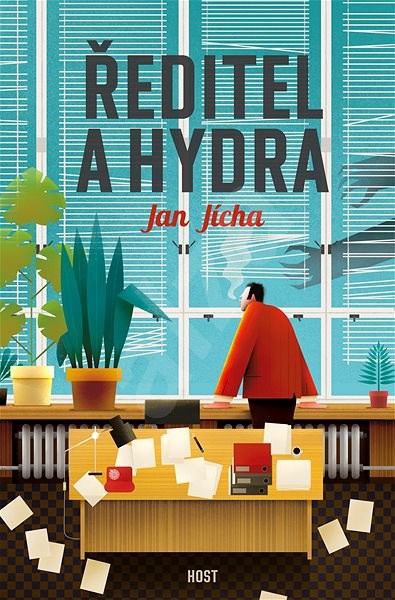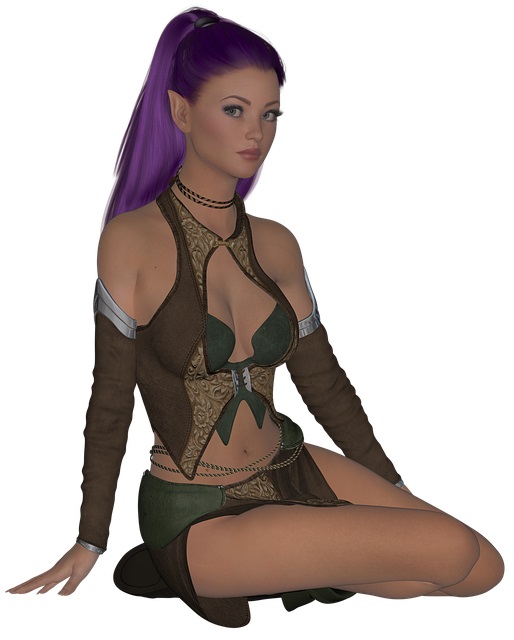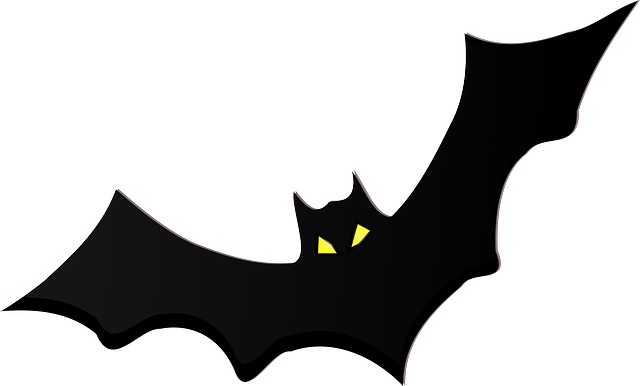
A wonderful book that should definitely be included in the compulsory reading list at all the pedagogical and artistic faculties that prepare our future teachers. The only issue that seems to disqualify it from reaching this academic status is that it is funny. Pity. Everybody knows that a textbook should be boring and hard to read. If it’s also incomprehensible and at least a bit outdated, all the better.
As a recent graduate from The Masaryk University in Brno, I still remember some of the stuff that the professors tried to teach me. They certainly did their best and they sure know their stuff. However, most of our lessons covered issues related to teaching. Very little attention, if any at all, was paid to the bureaucratic aspect of the job. We have been taught how to create a well-planned and hopefully interesting and illuminating lesson, nevertheless, we have never filled in a class register or prepared for the ministry inspection.

In addition to this level, the story possesses other multiple levels. It shows the mirror to our society in general, it questions the way we raise our children, it plays with words, it parodies the works of
J.K. Rowling and, to a lower degree, J.R.R. Tolkien, it contains a detective element, a horror story element, an-almost-erotic element and God knows how many others. I have only read it twice so far, so I can’t tell you what I will discover the next time. Because I am sure there will be a next time.
Although it can be read as a book that just fools around and ridicules various aspects of our life and culture, mostly rightfully I must say, there is a strong philosophical twist to it. It does something that J.K.Rowling has never done openly in her books: it looks at the issue of witchcraft from the Christian point of view, and vice versa. Various characters express their point of view on that matter, and although they often seem contradictory, they all appear to be true. As I said, a true philosopher’s cookie.

I cannot say that I agreed with everything nor that I totally approved of the way all the conflicts were resolved. But that was never required of me and perhaps it can even be said that the way we see things says more about us than about the things themselves.
So, if you want to chase a vampire through a wizarding school ruled by a headmaster who has never wanted the job in the first place, if you wish to discover some hilarious aspects of Elfish linguistics, if you think you are strong enough to bear an insider point of view at our education system, this book is definitely for you.
Yes, J.R.R. Tolkien’s linguistic grasp of Elvish, in its various forms, is much more comprehensive, however, it lacks humour. That’s what he had the Hobbits for. Pity.
Comprehensive questions:
- The reviewer is of the opinion that future teachers would benefit from the book.
- The reviewer complains about the way pedagogy is taught at our universities.
- The writer of the book criticizes modern society.
- The reviewer
is deeply dissatisfied with the way the conflict is resolved at the end. - The writer takes a rather biased approach towards magic.
- The writer portrays Elves the same way as J.R.R. Tolkien.

.For more exercises like this and for further improvement of your English/Spanish, feel free to contact me and arrange some online lessons.
